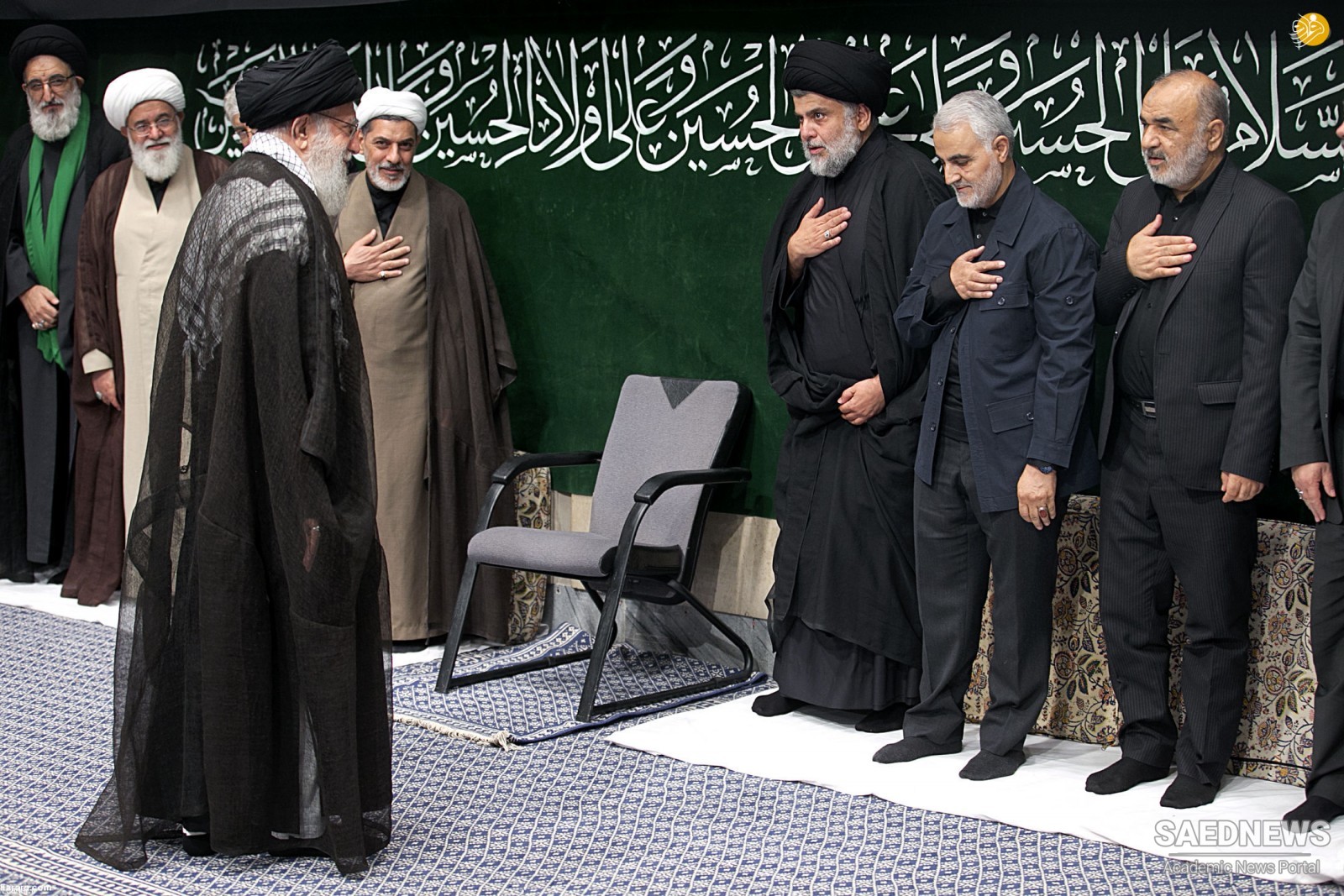Shia Muslim religious leader Muqtada al-Sadr’s party is set to be the biggest winner in Iraq’s parliamentary election, increasing the number of seats he holds, according to initial results, officials and a spokesperson for the Sadrist Movement.
Former prime minister Nouri al-Maliki looked set to have the next largest win among Shia parties, the initial results showed on Monday.
Iraq’s Shia groups have dominated governments and government formation since the US-led invasion of 2003 that toppled Sunni leader Saddam Hussein and catapulted the Shia majority and the Kurds to power.
Sunday’s election was held several months early, in response to mass protests in 2019 that toppled a government and showed widespread anger against political leaders whom many Iraqis said have enriched themselves at the expense of the country.
But a record low turnout of 41 percent suggested that an election billed as an opportunity to wrest control from the ruling elite would do little to dislodge sectarian religious parties in power since 2003.
A count based on initial results from several Iraqi provinces plus the capital Baghdad, verified by local government officials, suggested al-Sadr had won more than 70 seats, which if confirmed could give him considerable influence in forming a government.
A spokesperson for al-Sadr’s office said the number was 73 seats. Local news outlets published the same figure.
An official at Iraq’s electoral commission said al-Sadr had come first but did not immediately confirm how many seats his party had won.
The initial results also showed that pro-reform candidates who emerged from the 2019 protests had gained several seats in the 329-member parliament.
Iran-backed parties with links to militias accused of killing some of the nearly 600 people who died in the protests took a blow, winning fewer seats than in the last election in 2018, according to the initial results and local officials.
Al-Sadr has increased his power over Iraq since coming first in the 2018 election where his coalition won 54 seats.
The unpredictable populist religious leader has been a dominant figure and often kingmaker in Iraqi politics since the US invasion.
He has opposed all foreign interference in Iraq, whether by the United States, against which he fought an armed uprising after 2003, or by neighbouring Iran, which he has criticised for its close involvement in Iraqi politics.
Al-Sadr, however, is regularly in Iran, according to officials close to him, and has called for the withdrawal of US troops from Iraq, where Washington maintains a force of about 2,500.


 Iraq's Decision to Go to War
Iraq's Decision to Go to War














































